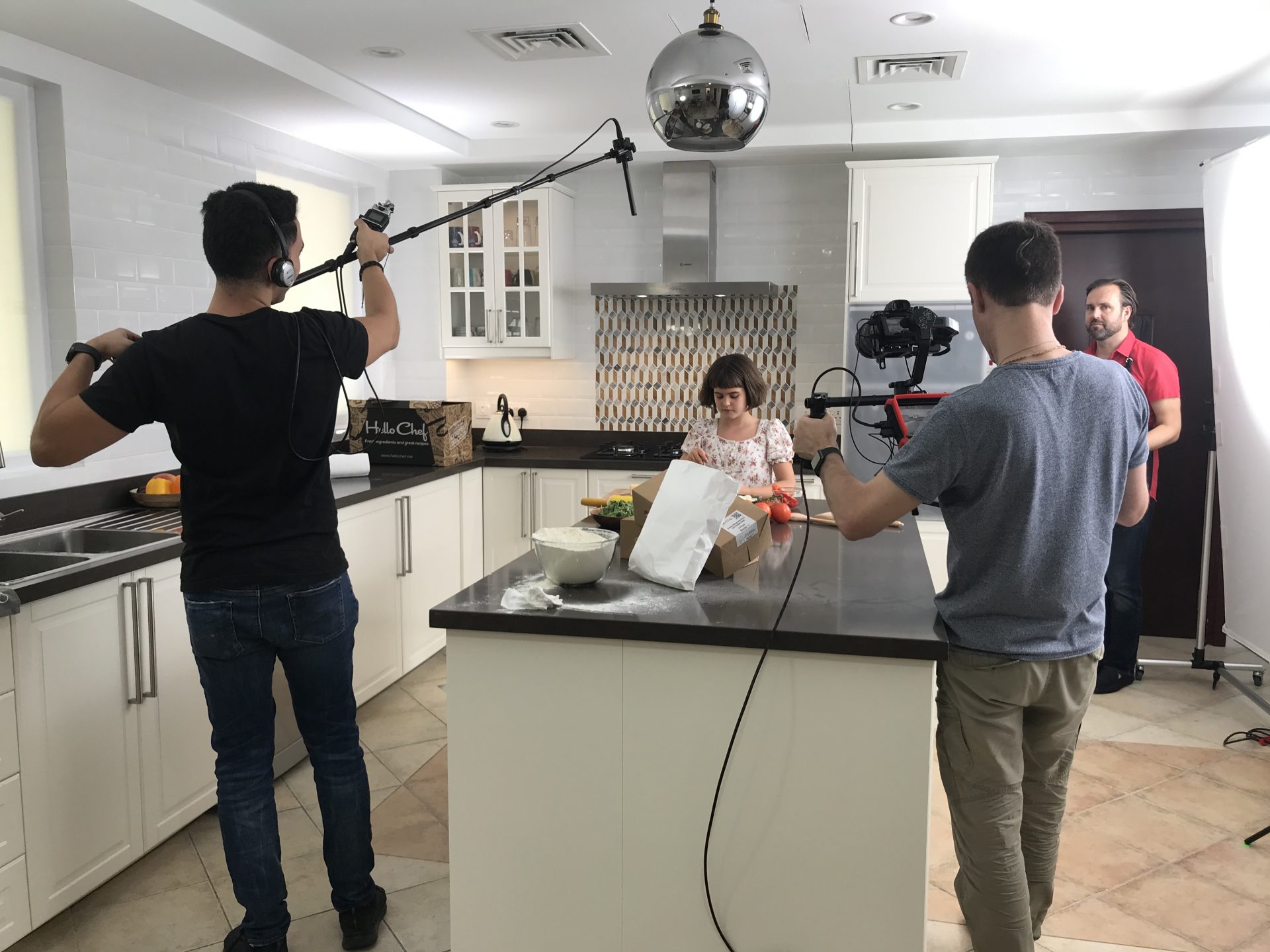With the world grasping what seems to be the new normal, what would the future of video content production look like?
As certain countries gradually lift their lockdowns, some projects resume production with limits on crew size, social distancing and overall tightened safety. Air travel restrictions might ease off, but will it ever be the same as before? Add to that risk aversion budget concerns and you see that we might have some issues with the old ways of producing content.
Yet as more people shift to work from home, the amount of time they spend on screens grows. There is a heightened interest in online entertainment and a rising “content hunger”. There is a need for more varieties of it, which means risks of experimenting with new topics and formats.
As certain countries gradually lift their lockdowns, some projects resume production with limits on crew size, social distancing and overall tightened safety. Air travel restrictions might ease off, but will it ever be the same as before? Add to that risk aversion budget concerns and you see that we might have some issues with the old ways of producing content.
Yet as more people shift to work from home, the amount of time they spend on screens grows. There is a heightened interest in online entertainment and a rising “content hunger”. There is a need for more varieties of it, which means risks of experimenting with new topics and formats.
New Angle At Content Creation
What sounds like a lot of obstacles, might be an opportunity to try a new angle at video content creation process.
With all the travel restrictions in place, productions that have access to a diverse local talent pool would have an advantage. Full crew and cast on-location shoots might give way to a well planned small group green screen work. Though downscaling is the obvious answer, there will be always a demand for high production value work. Especially, when majority of new content would scream cheap shot-on-your-mobile quality.
So what are the ways of downscaling without becoming unprofessional?
With all the travel restrictions in place, productions that have access to a diverse local talent pool would have an advantage. Full crew and cast on-location shoots might give way to a well planned small group green screen work. Though downscaling is the obvious answer, there will be always a demand for high production value work. Especially, when majority of new content would scream cheap shot-on-your-mobile quality.
So what are the ways of downscaling without becoming unprofessional?
Time For Skilled Agile Teams
There might be a future for a more dynamic micro-project oriented content production approach, with faster turnarounds and less bounding budgets.
Commissioning small highly skilled production teams might offer an edge in the new reality. With skill sets combining story research, planning, on-location production, all the way to editing and postproduction, such well-rounded team gets the job done, where a more traditional approach might end up being too costly or limited by new restrictions.
This approach is where our small Dubai-based content production company FIVE Pictures finds its niche.
Commissioning small highly skilled production teams might offer an edge in the new reality. With skill sets combining story research, planning, on-location production, all the way to editing and postproduction, such well-rounded team gets the job done, where a more traditional approach might end up being too costly or limited by new restrictions.
This approach is where our small Dubai-based content production company FIVE Pictures finds its niche.
A Swiss Army Knife Of Content Production
Traditional productions resort to highly specialized departments, which entails group meetings, multi-stage budgeting, rigid process and a tendency to suffer from a “shared responsibility” syndrome. Unlike them, we have wide expertise covering the entire creative process, which helps in fast decision making and overall flexibility. With less middle men, we keep creative control at every step and are faster at problem solving. We also employ our own small network of skilled remote postproduction artists and editors. This way we manage to stay small and agile, offering more forgiving budgets and lower risks.
The world has changed, whether we like it or not, yet there are jobs to be done. We have to find our way forward, which means adapting to the new constraints. What helped us stay afloat might help other productions as well. We hope that the time for skilled agile production teams is now.
On the photo: Shooting a commercial for Hello Chef with a minimal crew during pre-COVID times.
The world has changed, whether we like it or not, yet there are jobs to be done. We have to find our way forward, which means adapting to the new constraints. What helped us stay afloat might help other productions as well. We hope that the time for skilled agile production teams is now.
On the photo: Shooting a commercial for Hello Chef with a minimal crew during pre-COVID times.
Check Our Work

